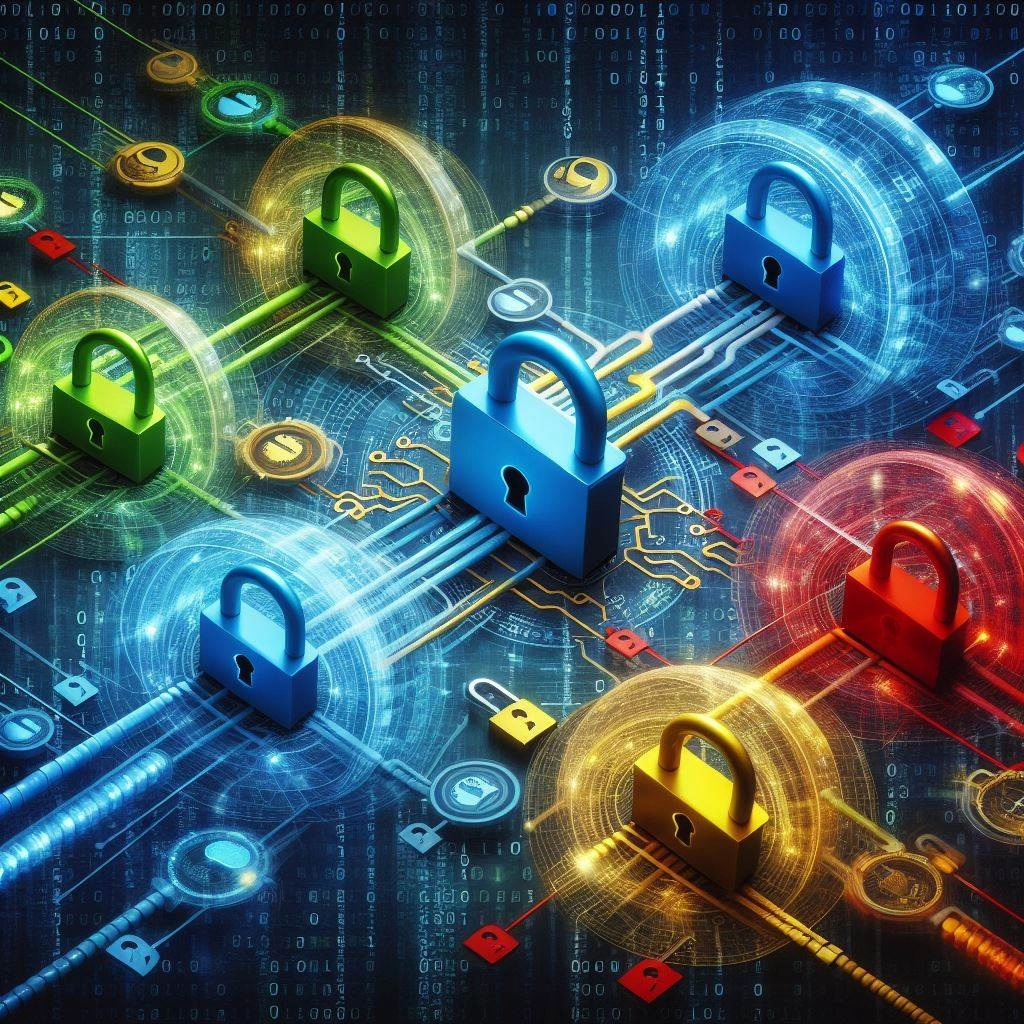Information security: an increasingly complex task in the context of the rapid development of the digital world

Information technology experts are currently reviewing the cybersecurity landscape and preparing for the year ahead. Unfortunately, the forecasts are not rosy.
Panic and anxiety do not bring anything good. However, given the significant losses companies have suffered due to security incidents, staying calm is not always easy. According to research firm Cybersecurity Ventures, the global cost of mitigating cyberattacks is estimated at a staggering eight trillion dollars in 2023 USA. A projected annual increase in damages of 15 percent would push the figure to more than $10.5 trillion by 2025.
Existing and future cyber threats: statistics and forecasts
Information security costs continue to rise. For information, in Germany the amount of investment in protection against cyber attacks exceeded 9 billion euros in 2023, and is expected to increase to more than 10 billion euros in 2024 and about 11.6 billion euros by 2025. Therefore, an increase in costs for information security in companies is considered a “good trend.”
Sabotage, espionage and data theft led to serious losses for companies last year. Continuing with German statistics, approximately 206 billion euros are lost due to such incidents, including approximately 148 billion euros related to cyber attacks. The increasing professionalism and organization of attackers means that protecting information security is becoming an increasingly important task for all companies and requires priority management attention.
Criminals are expected to increasingly target small and medium-sized enterprises, municipalities and healthcare institutions using modern cyberattack techniques:
- AI-generated attacks. This type of cyber-attack is associated with the use of modern artificial intelligent systems, such as generative models, like ChatGPT, for creating and launching cyber attacks. This may include creating fake messages, phishing emails, or other forms of fraud using AI capabilities.
- Advanced targeted threats. These are cyber attacks organized and carried out by highly skilled attackers or groups whose goal is a long-term intrusion into the information systems of target organizations. They can infiltrate a network, gather intelligence, and operate covertly for long periods of time before being detected.
- Randomware. This is a type of cyber attack in which attackers block access to data or systems, demanding a ransom in exchange for restoring access. Often, attackers use software to encrypt files or lock computers to force victims to pay a ransom.
- Attacks on supply chains and critical infrastructure. This is a type of cyber attack aimed at compromising or disrupting critical systems or service providers. Attackers can exploit vulnerabilities in the supply chain to gain access to data or infect systems, which could disrupt production or service delivery.
The shortage of skilled cybersecurity professionals is already driving up wages and investment in education and training. Many manufacturers are already implementing artificial intelligence to combat cyber threats, but it remains to be seen who will ultimately win this race.
The evolution of cyber threats increases the demand for VPN technologies
Another area that quite logically expects significant expansion in the coming years is virtual private networks. Analysts predict that the average annual growth rate of VPN use will be 16.3 percent by 2028. While the global VPN market was valued at just $16.3 billion in 2018, it is expected to reach nearly $48 billion by the end of the decade.
One of the main reasons for such intensive growth is the spread of VPN use in various industries. Companies are realizing the benefits of VPNs, such as increased security and fast, stable connections, say cybersecurity experts. VPNs play a key role in ensuring the continuous flow of critical business data, minimizing packet loss and resolving security issues.
Everything you need for complete security: private VPN server
Using a private VPN server – an effective solution to ensure cybersecurity in the near future. With the growing number of cyber threats, protecting personal information and data is becoming increasingly important.
Private VPN server allows you to encrypt Internet traffic and mask the user’s IP-address, which provides an additional level of anonymity and data protection in the online environment. This is especially useful when using public Wi-Fi networks, where the risk of being subject to cyber attacks is highest.
On Private VPN server, anyone can buy a private VPN server. Here you will also find detailed information about various options for renting and paying for services, geographical location of servers and other useful facts from the world of VPN.